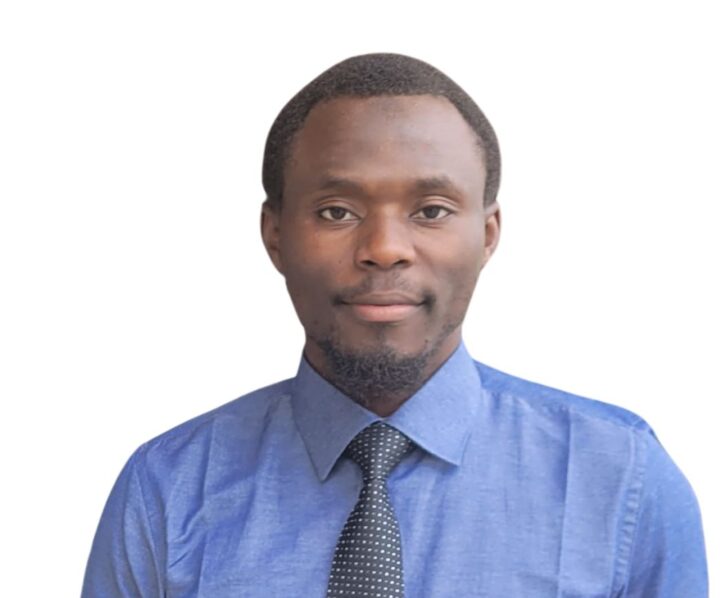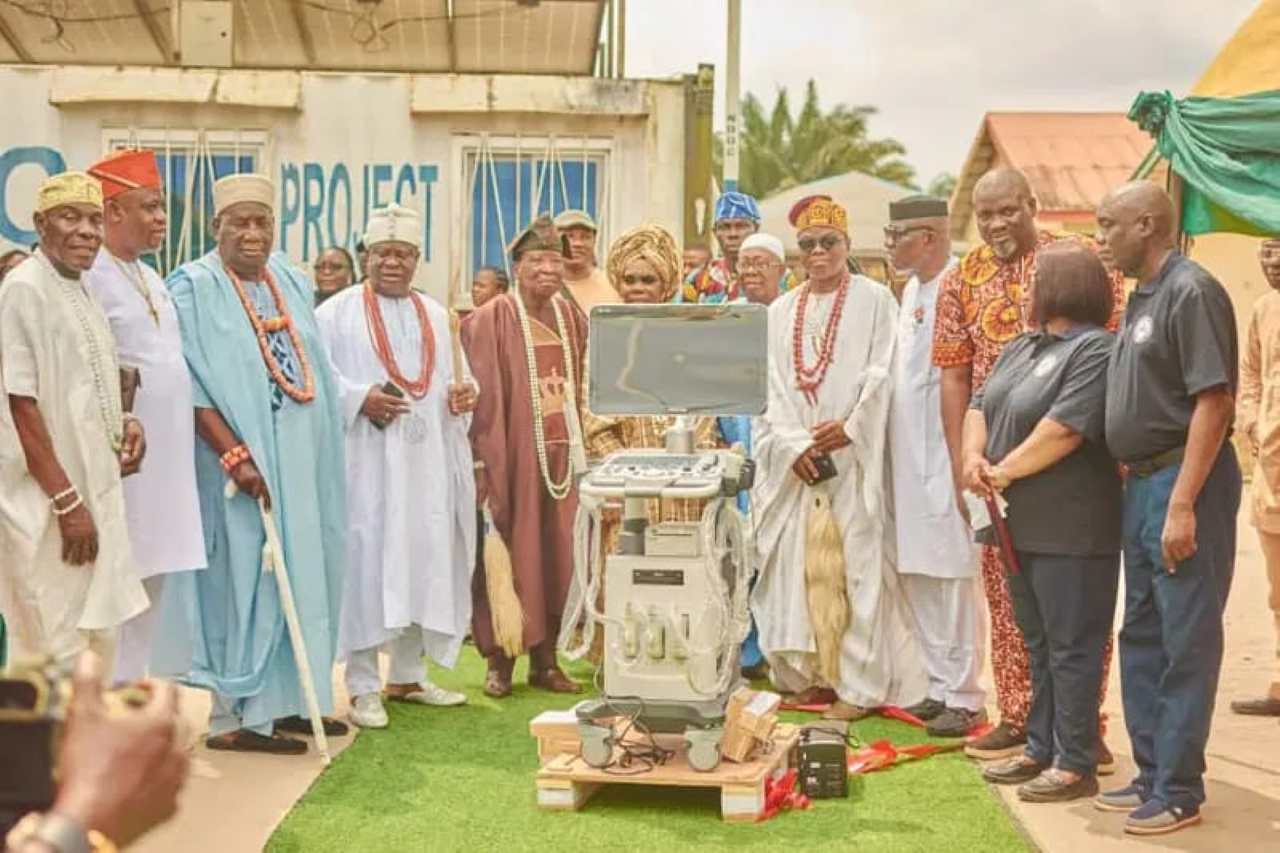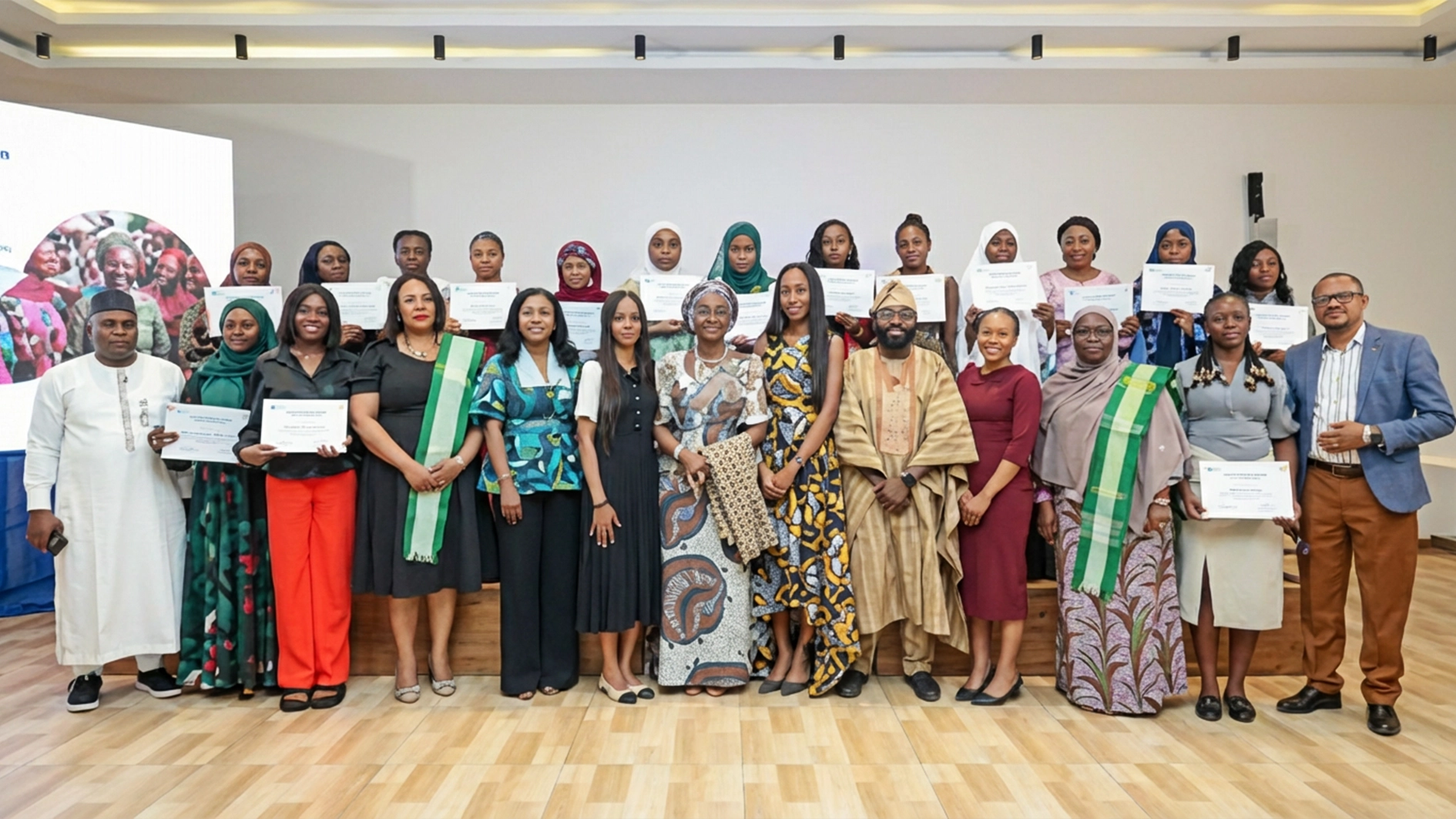
Ifeanyi Ibeh: Welcome, Dr. Lukman Enegi Ismaila, and thank you for joining us. Your work in applying advanced machine learning to neurosurgery has generated a lot of buzz. What inspired you to pursue this innovative path?
Lukman Enegi Ismaila: Thank you for having me. My motivation came from observing the intricate challenges neurosurgeons face during brain tumor resections. The brain is an incredibly complex organ, with functional networks that are essential for critical tasks like speech, movement, and memory. A single misstep during surgery could significantly impair a patient’s quality of life. This inspired me to explore how advanced machine learning could aid neurosurgeons in accurately identifying these functional networks and reducing the risk of collateral damage during surgeries.
That’s a profound motivation. Could you provide an overview of your work and its objectives?
Lukman Enegi Ismaila: Of course. My work leverages resting-state functional MRI (rs-fMRI) data to develop machine learning models capable of recognizing brain functional networks. Resting-state fMRI is particularly suitable because it captures neural activity when the brain is at rest, making it broadly applicable to all patients regardless of their condition. The model’s primary goal is to provide neurosurgeons with a precise map of functional brain regions, ensuring these critical areas are preserved during tumor resection. This not only improves surgical outcomes but also enhances patients’ postoperative recovery and quality of life.
Ifeanyi Ibeh: Resting-state fMRI sounds fascinating. What makes it ideal for your model?
Lukman Enegi Ismaila: Resting-state fMRI is non-invasive, safe, and doesn’t require patients to perform tasks during the scan. This is particularly advantageous for patients who are unable to cooperate due to their condition, such as those with severe neurological impairments. Additionally, rs-fMRI generates rich data on neural connectivity patterns, which can be analyzed to identify critical networks like the motor, visual, and language areas. By using this modality, our model can adapt to a wide range of cases and provide actionable insights for surgeons.
Ifeanyi Ibeh: I am aware of your rich educational rich educational background; can you share some of the pivotal professional experiences that have equipped you to be successful in such a challenging and highly impactful endeavor?
Lukman Enegi Ismaila: I hold a First-Class Bachelor’s degree and two master’s degrees in computer science, specializing in Artificial Intelligence (AI). Currently, I am a doctoral researcher in a government research laboratory in France, conducting cutting-edge research in neuroscience and machine learning under the mentorship of globally renowned professors. I serve as Lead Machine Learning Engineer and Project Manager at Omdena, a collaborative platform for developing innovative, ethical, and impactful AI solutions to real-world challenges. Additionally, I am the Community Manager for Omdena Paris, fostering collaboration and innovation while creating solutions to pressing societal problems. These academic achievements and professional roles have equipped me with the expertise and vision to leverage machine learning in addressing global medical challenges effectively.
Ifeanyi Ibeh: Developing a machine learning model for such a sensitive application must involve unique challenges. What were some key hurdles, and how did you overcome them?
Lukman Enegi Ismaila: A major challenge was ensuring the model’s accuracy and reliability. Functional brain networks vary slightly across individuals, so we needed a vast and diverse dataset to train the model. Gathering and standardizing this data required extensive collaboration with experienced neurosurgeons and strict adherence to ethical guidelines. Another hurdle was computational complexity. Processing rs-fMRI data involves handling enormous amounts of data processing and analysis. To address this, we integrated advanced algorithms that optimize data processing and employed high-performance computing resources. Lastly, translating the model’s predictions into clinically sound solution for neurosurgeons was critical. We worked closely with clinicians to ensure our results were indeed valid and ready for integration into surgical workflows.
Ifeanyi Ibeh: Collaboration seems to be a recurring theme in your journey. How did partnerships shape this innovation?
Lukman Enegi Ismaila: Collaboration has been absolutely essential. Neurosurgeons provided invaluable insights into the practical challenges of brain tumor surgeries, guiding the development of the model. Data scientists and research engineers helped refine the algorithms and ensure robust performance. We also partnered with hospitals and research institutions to access diverse rs-fMRI datasets. These collaborations ensured that our solution is not just technically sound but also clinically relevant and impactful.
Ifeanyi Ibeh: Let’s talk about impact. How do you envision this model transforming neurosurgery and patient outcomes?
Lukman Enegi Ismaila: The potential impact is tremendous. For neurosurgeons, the model provides a powerful tool to navigate the brain’s complexity with greater precision and confidence. This can significantly reduce the risk of complications, such as loss of motor or language functions. For patients, it means safer surgeries, faster recoveries, and improved quality of life. On a broader scale, integrating machine learning into neurosurgery can set a precedent for using AI in other complex medical procedures, advancing the field of precision medicine.
Ifeanyi Ibeh: It’s inspiring to hear about such transformative potential. What’s next for this innovation?
Lukman Enegi Ismaila: The next steps involve clinical validation and scalability. We’re conducting pilot studies in partnership with leading hospitals to assess the model’s performance in real-world surgical settings. Feedback from these studies will help us refine the algorithms and enhance usability. We’re also exploring ways to scale the solution, making it accessible to neurosurgeons in resource-limited settings such as Africa. Additionally, we’re looking into expanding the model’s capabilities, such as integrating it with real-time imaging techniques for intraoperative guidance.
Ifeanyi Ibeh: You experience, and extraordinary expertise made this project a great success in France, but scaling such technology to resource-limited settings like African sounds ambitious. How do you plan to overcome challenges in those regions?
Lukman Enegi Ismaila: Resource-limited settings like Africa often lack access to advanced imaging and computational infrastructure. To address this, we’re exploring standalone offline platforms as well as cloud-based solutions that allow surgeons to upload imaging data for analysis and receive insights remotely. We’re also investigating the use of more affordable imaging modalities like low-field MRI machines for large dataset collection. Partnering with governments and nonprofits to secure funding and infrastructure support will be crucial. Our ultimate goal is to democratize access to this technology, ensuring that its benefits reach all patients, regardless of geography.
Ifeanyi Ibeh: It’s clear that your work is a blend of technical innovation and social impact. What drives you to keep pushing boundaries?
Lukman Enegi Ismaila: I’m driven by the belief that every patient deserves the best possible care, regardless of their circumstances. The brain is such a vital organ, and the stakes in neurosurgery are incredibly high. If technology can help reduce risks and improve outcomes, it’s our responsibility to harness it. Beyond that, I’m motivated by the idea of setting a new standard in healthcare—one where AI and human expertise work hand in hand to achieve extraordinary results.
Ifeanyi Ibeh: Any final thoughts you’d like to share with our readers?
Lukman Enegi Ismaila: Neurosurgery represents one of the most challenging frontiers in medicine, but with the right tools and collaborations, we can make it safer and more effective. Advanced machine learning is not about replacing surgeons but empowering them to make better decisions. I’m grateful for the opportunity to contribute to this field, and I’m excited about the future of AI in healthcare. Together, we can achieve incredible things.
Ifeanyi Ibeh: Thank you, Dr. Lukman, for sharing your outstanding work. It’s exciting to see how your innovation is paving the way for a new era in neurosurgery.
Lukman Enegi Ismaila: Thank you for having me—it’s wonderful to discuss this journey.






